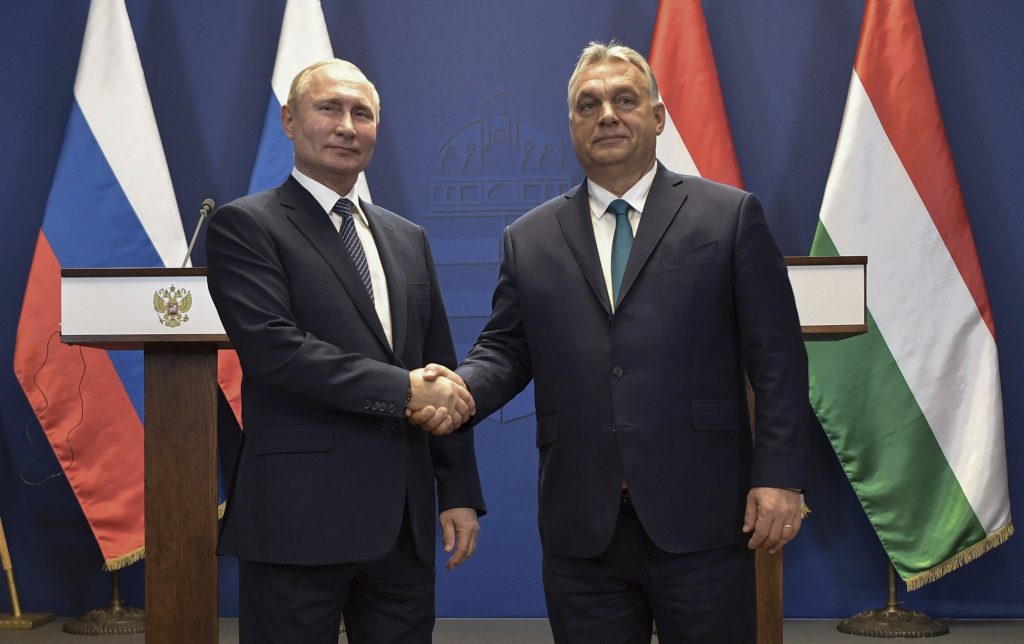The European Union has successfully secured a six-month extension of its sanctions against Russia, a move with significant implications for Moscow’s war effort in Ukraine. Hungary, a long-time ally of Russian President Vladimir Putin and a frequent outlier within the EU bloc, initially stalled the renewal process, raising concerns over energy security and the expired gas transit agreement between Russia and Ukraine. However, following negotiations and assurances from the European Commission regarding energy infrastructure protection, Budapest ultimately dropped its objections, paving the way for the unanimous approval required by all 27 member states. The renewed sanctions maintain the existing trade bans and the crucial freeze on Russia’s central bank assets, a measure that has crippled Moscow’s access to approximately $300 billion held in foreign financial institutions.
The extension of sanctions deals a significant blow to Russia’s ability to finance its ongoing military operations in Ukraine. The frozen assets represent a substantial portion of Russia’s financial reserves, limiting its capacity to fund military expenditures and maintain economic stability. While Russia has attempted to mitigate the impact of sanctions through various measures, the sustained pressure from the EU and other international actors continues to exert a considerable strain on its economy. The renewal underscores the EU’s commitment to maintaining pressure on Moscow and holding it accountable for its aggression in Ukraine. It also signals the unity of the bloc, despite internal disagreements and the potential economic repercussions for individual member states.
Hungary’s decision to ultimately support the sanctions renewal represents a potential shift in its stance towards Russia. Hungarian Prime Minister Viktor Orbán has cultivated a close relationship with Putin, often diverging from the EU’s consensus on Russia policy. Budapest’s initial resistance to the sanctions renewal, citing concerns about energy security and the economic costs associated with supporting Ukraine, reflected this close relationship. However, the EU’s commitment to addressing Hungary’s energy security concerns and providing guarantees regarding energy infrastructure protection appears to have persuaded Orbán to back the sanctions extension. This move could signal a potential cooling of relations between Budapest and Moscow, although the long-term impact remains to be seen.
The agreement between the EU and Hungary hinges on assurances provided by the European Commission regarding energy security. Hungary’s dependence on Russian energy resources has been a key factor in its reluctance to fully support sanctions against Moscow. The expired gas transit agreement between Russia and Ukraine, which previously facilitated the flow of Russian gas to European customers through Ukrainian pipelines, further complicated matters for Hungary. The European Commission’s commitment to protecting energy infrastructure leading to EU member states, including pipelines to Hungary and Slovakia, appears to have addressed Budapest’s concerns and paved the way for the sanctions renewal. The EU’s efforts to secure guarantees from Ukraine regarding the maintenance of petroleum shipments to the EU further solidify this commitment to energy security.
The renewal of sanctions has elicited strong reactions from various stakeholders. EU officials have lauded the decision as a demonstration of European unity and resolve in holding Russia accountable. Critics of the Hungarian government, however, have characterized Orbán’s initial resistance as bluster, suggesting that his primary motivation was to protect Hungary’s economic interests and maintain access to cheap Russian gas. The ultimate agreement, they argue, demonstrates the effectiveness of the EU’s collective pressure in overcoming individual member states’ objections. The long-term consequences of the sanctions renewal for Russia’s war effort and for the relationship between Hungary and Moscow remain uncertain.
Looking ahead, the impact of the renewed sanctions on Russia’s ability to sustain its military campaign in Ukraine remains a key question. While the sanctions have undoubtedly strained Russia’s economy, Moscow has demonstrated resilience and adaptability in the face of international pressure. Furthermore, the potential repercussions of Hungary’s decision on its relationship with Moscow are also uncertain. While the agreement may signal a cooling of ties, the long-standing economic and political connections between the two countries are likely to persist. The evolving geopolitical landscape and the ongoing conflict in Ukraine will continue to shape the dynamics between Hungary, Russia, and the EU.










